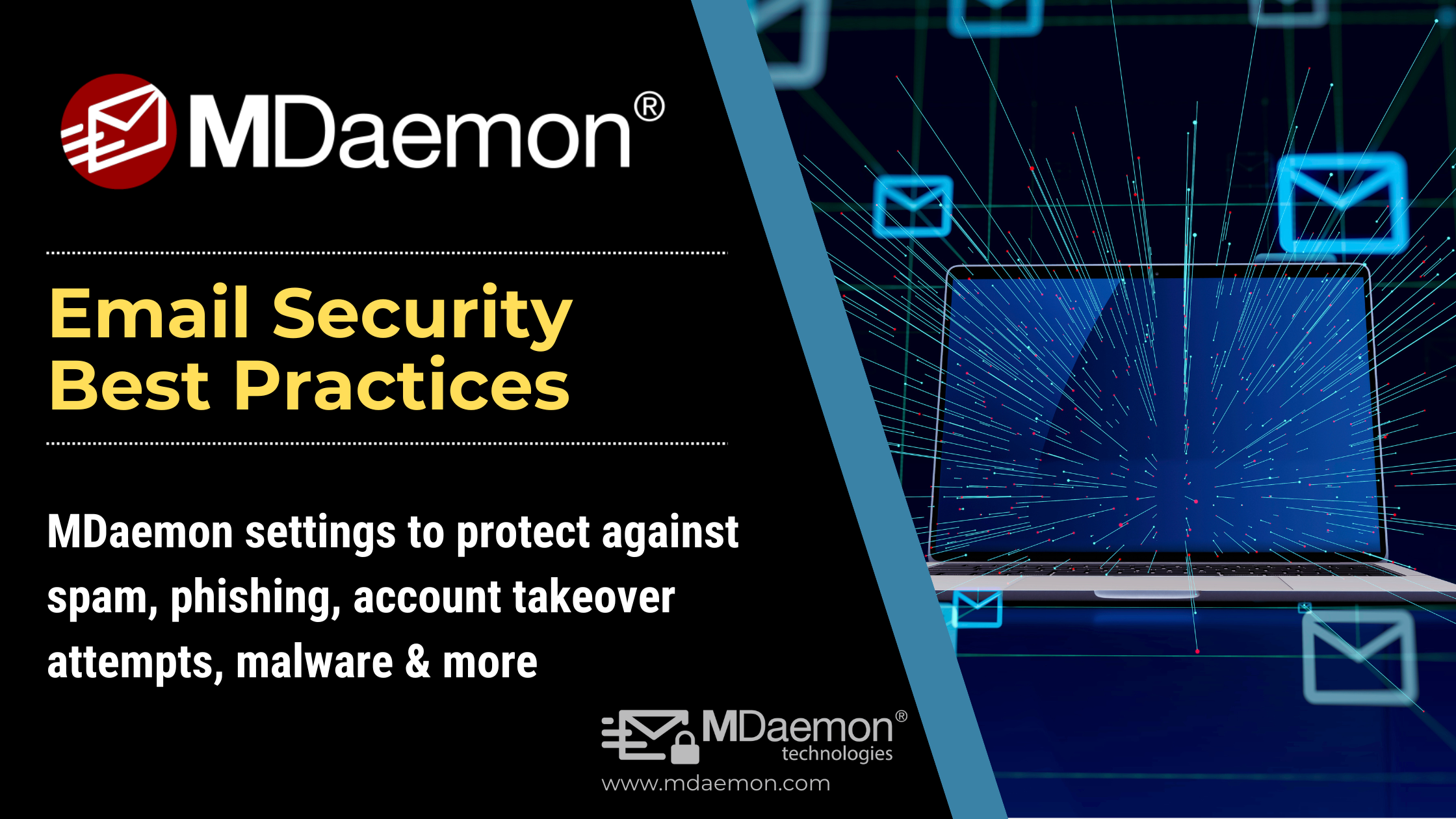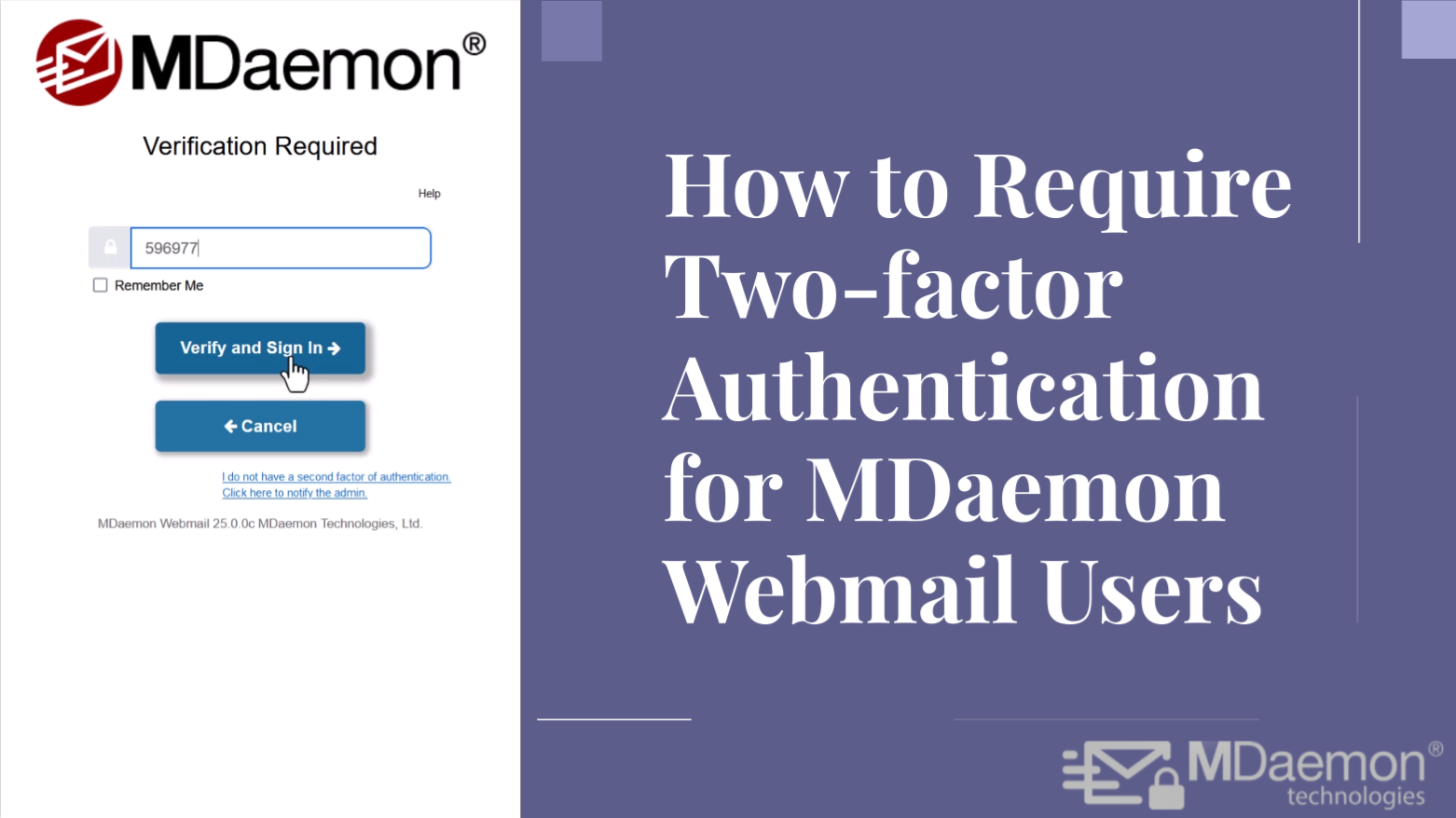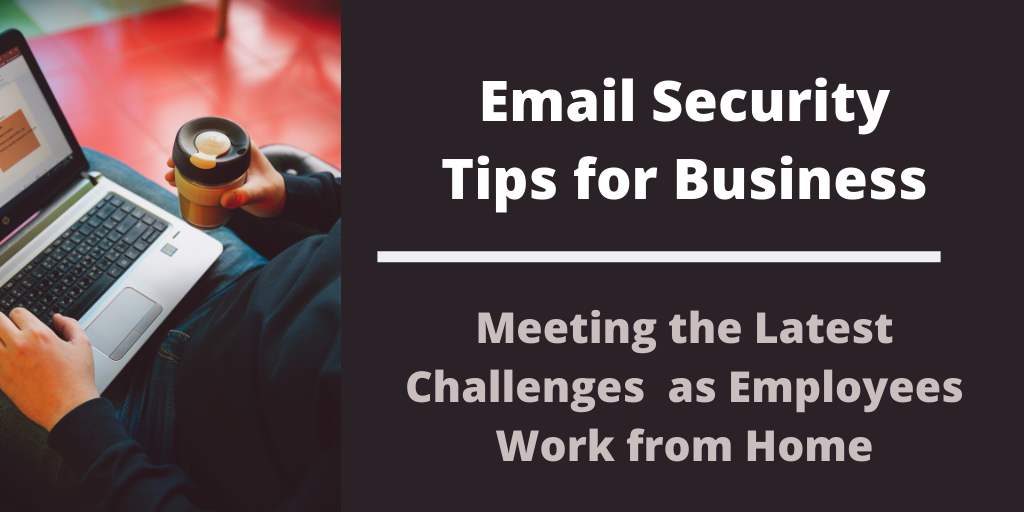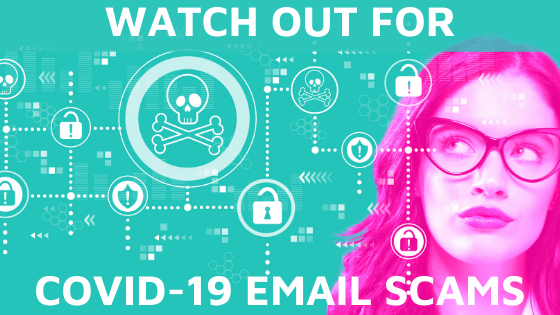In an age where cyber threats are growing in both sophistication and frequency, securing your email infrastructure is more important than ever. MDaemon includes a variety of tools and settings that can help administrators protect their users and connected devices from spam, malware, hacking attempts, data breaches, and email spoofing.
MDaemon Email Server: Security Best Practices to Protect Your Email Environment
By Brad Wyro posted in Email Security, MDaemon Email Server, Stop Spam Email, Phishing, Email Security Best Practices, Two-Factor Authentication
Protect Against Hackers with Two-factor Authentication for MDaemon Webmail
By Brad Wyro posted in Email Security, Email Security Best Practices, Two-Factor Authentication, MDaemon Webmail, Passwords
By now you may have heard countless stories of businesses suffering data breaches because a bad actor was able to guess a user's email password. And while I certainly recommend using strong passwords, it's more important than ever that businesses bolster their email security by requiring users to use two-factor authentication. This is especially true as even some of the strongest passwords have been exposed in hacking incidents and published on the dark web.
Lessons from Data Breaches Improve Work From Home Security
By Brad Wyro posted in Data Leak Prevention, Email Security, Email Encryption, Stop Spam Email, Two-Factor Authentication, Email Best Practices
2020 has been a banner year for cybercriminals. They have stolen billions of dollars and data on billions of individuals by preying on widespread fear and uncertainty brought on by the COVID-19 pandemic.
Best Practices for Securing Work Devices from Any Remote Location
By Brad Wyro posted in Data Leak Prevention, Email Encryption, MDaemon Email Server, Security Gateway for Email, Email Server, Two-Factor Authentication, Email Best Practices
As we all know, unprecedented numbers of employees are working from home during this pandemic year. In fact, one recent survey by SaaS marketing agency Bay Leaf Digital found that 65 percent of newly WFH employees are now using company devices from home – and 42 percent are experiencing unstable access including issues with connecting to remote desktops, poor VPN, etc.
Microsoft 365 Vulnerabilities Your Healthcare Business Should Consider
By Brad Wyro posted in Email Gateway How-To, Email Security, Stop Spam Email, Phishing, Two-Factor Authentication, Health Care Security, Email Best Practices
The COVID-19 pandemic has accelerated the adoption of cloud services across all industries, but particularly for healthcare providers. If your healthcare organization is considering moving your email from on-premise servers to the cloud, you must do your due diligence around significant security drawbacks that may overshadow the perceived benefits.
Phishing Email Targets Healthcare to Get Past Microsoft Security
By Brad Wyro posted in Email Gateway How-To, Email Security, Stop Spam Email, Phishing, Two-Factor Authentication, Health Care Security, Email Best Practices
The COVID-19 pandemic has been a boon for bad actors across the digital landscape. In July, for instance, authorities in the U.S., U.K. and Canada all issued warnings about serious cyberattacks against healthcare organizations and others involved in the coronavirus response. The purpose of these attacks? Theft of intellectual property during the race to develop a vaccine. The tool of choice? Spear-phishing email attacks.
How To Protect Your Email from Cyber Threats
By Brad Wyro posted in Email Gateway How-To, Email Privacy, Cybersecurity, Two-Factor Authentication, Email Best Practices
We live in an era where the amount of valuable data businesses must store is increasing at an unprecedented pace. Consequently, the number of cyber criminals trying to gain access to that data is also increasing. In fact, according to a report released last year by Osterman Research, 81% of organizations have been the victim of some type of data breach, targeted email attack, successful phishing attack or other cyber security incident during the previous 12 months. And with the surge of people working from home due to the COVID-19 pandemic, these numbers are only going to go up.
How to Secure your Business Email as Employees Work from Home
By Brad Wyro posted in Data Leak Prevention, Email Privacy, Email Security, Email Encryption, Cybersecurity, Security Gateway for Email, Stop Spam Email, Email Security Best Practices, Two-Factor Authentication, Email Best Practices
The COVID-19 crisis has changed the way we approach data privacy and email security as the transition to working from home has been accompanied by a growing surge of Coronavirus themed phishing scams and spoofed websites used to distribute malware or lure victims into providing confidential information.
The Coronavirus pandemic comes with a spike in online email scams, and changes to how we work
By Brad Wyro posted in Cybersecurity, Spear Phishing, Email Spoofing, Phishing, Two-Factor Authentication, Email Best Practices
Stories of the COVID-19 pandemic’s rapid global spread have paved the way for threat actors to unleash the most widely-used cyber threat in recent memory.
15 Best Practices for Protecting Your Email with Security Gateway
By Brad Wyro posted in Email Security, Security Gateway for Email, Email Security Best Practices, Two-Factor Authentication, Email Best Practices
Despite the rumors announcing the death of email, its use continues to grow. According to research from the Radicati Group, email traffic is predicted to grow to over 333.2 billion emails sent per day (from the current 306.4 billion emails). And as long as businesses continue to use email, cybercriminals will find new ways to exploit security gaps, software bugs, and basic human nature to extort millions of dollars from their victims.











